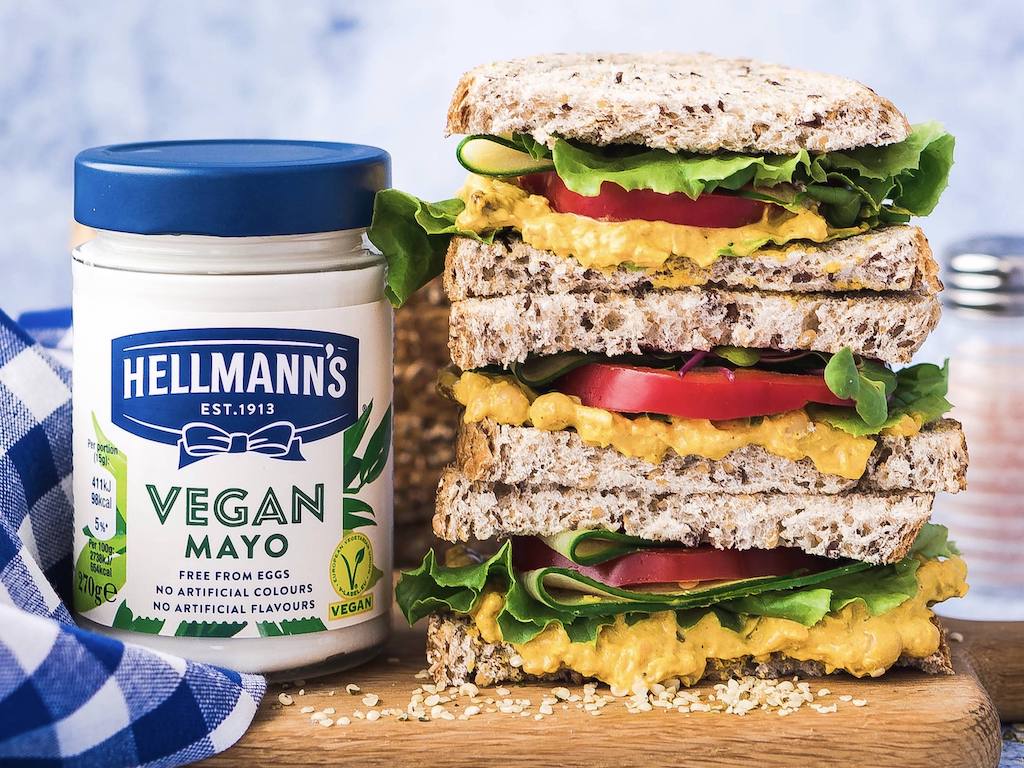5 Mins Read
Unilever has set a global annual sales target of €1 billion (US$1.19 billion) for its plant-based meat and dairy category within the next five to seven years. The Anglo-Dutch consumer goods behemoth says that the new goal will be driven by the roll-out of its acquired brand The Vegetarian Butcher across more markets, as well as ramping up vegan-friendly alternatives in some of its most famous portfolio brands including Hellmann’s, Magnum and Wall’s.
A new ambitious yearly sales target of US$1.19 billion for plant-based meat and dairy alternatives has been announced by Unilever on Wednesday (November 18). The goal is set for “within the next five to seven years” and is part of the company’s Future Foods campaign that seeks to help consumers transition towards healthier diets and slash the environmental impact of the food system.
At the centre of our broken food system is meat and dairy production, which is responsible for almost a fifth of global greenhouse gas emissions and has an enormous impact on the world’s precious habitats including the Amazon rainforest. A recent report from Oslo-based nonprofit EAT found that if the 20 biggest economies significantly reduced meat and dairy consumption, as much as 40% of the total global carbon budget for food could be freed up.
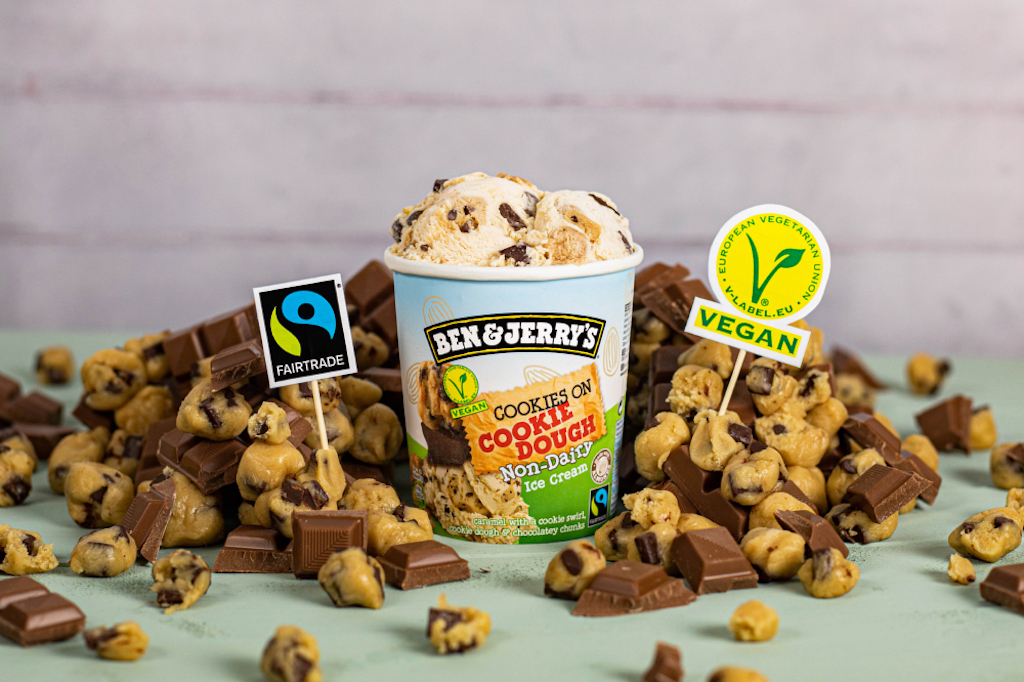
According to the company, the sales growth will be driven by expanding distribution of its existing plant-based range and accelerating innovation to offer more plant-based products across many of its recognisable brands, including Magnum and Ben & Jerry’s ice creams and Hellmann’s mayonnaise.
It will also aggressively launch the pioneering plant-based meat brand it acquired in 2018, The Vegetarian Butcher, into more markets. Within the past two years, Unilever has taken the brand into more than 30 countries, and most recently partnered with fast food giant Burger King to launch plant-based Whopper and Nuggets across Europe, Middle East and Africa following its initial German launch. The Vegetarian Butcher products have also landed in Hong Kong at a handful of restaurants.
“As one of the world’s largest food companies, we have a critical role to play in helping to transform the global food system,” said Hanneke Faber, president of Unilever’s foods and refreshment division. “It’s not up to us to decide for people what they want to eat, but it is up to us to make healthier and plant-based options accessible to all. These are bold, stretching targets which demonstrate our commitment to being a force for good.”
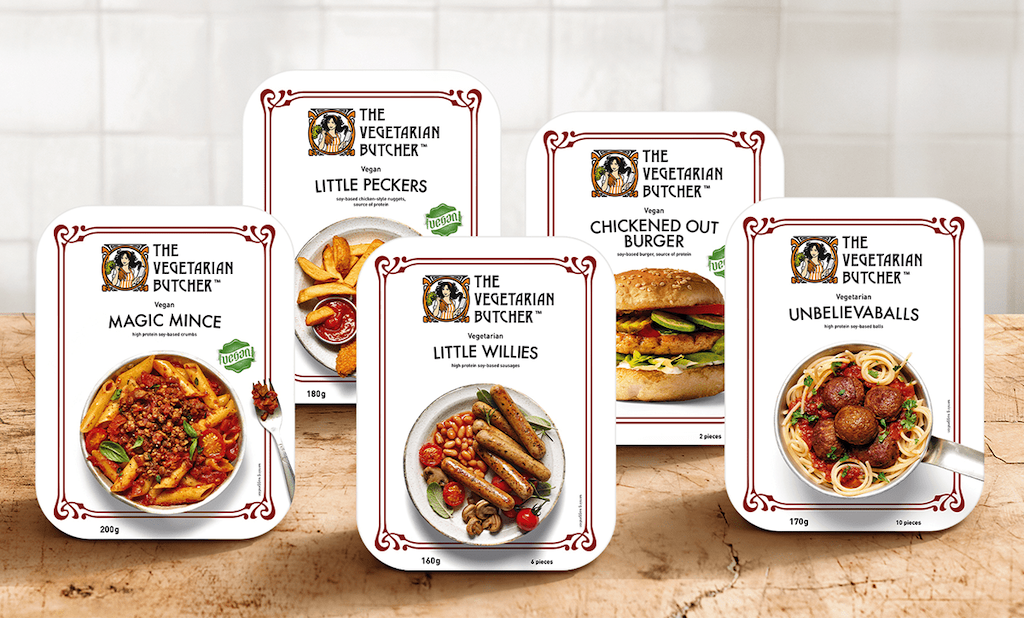
As one of the world’s largest food companies, we have a critical role to play in helping to transform the global food system.
Hanneke Faber, President of Foods & Refreshment, Unilever
The development of new vegan products will be mainly driven by its “The Hive” project, a food innovation centre in Wageningen University, where the conglomerate has made an €85 million (US$101 million) investment into plant-based ingredient development and sustainable food packaging.
Other key targets that Unilever, who also owns Lipton and Knorr, committed to in the announcement include halving food waste in its direct global operations and doubling the number of products that deliver “positive nutrition” by 2025.
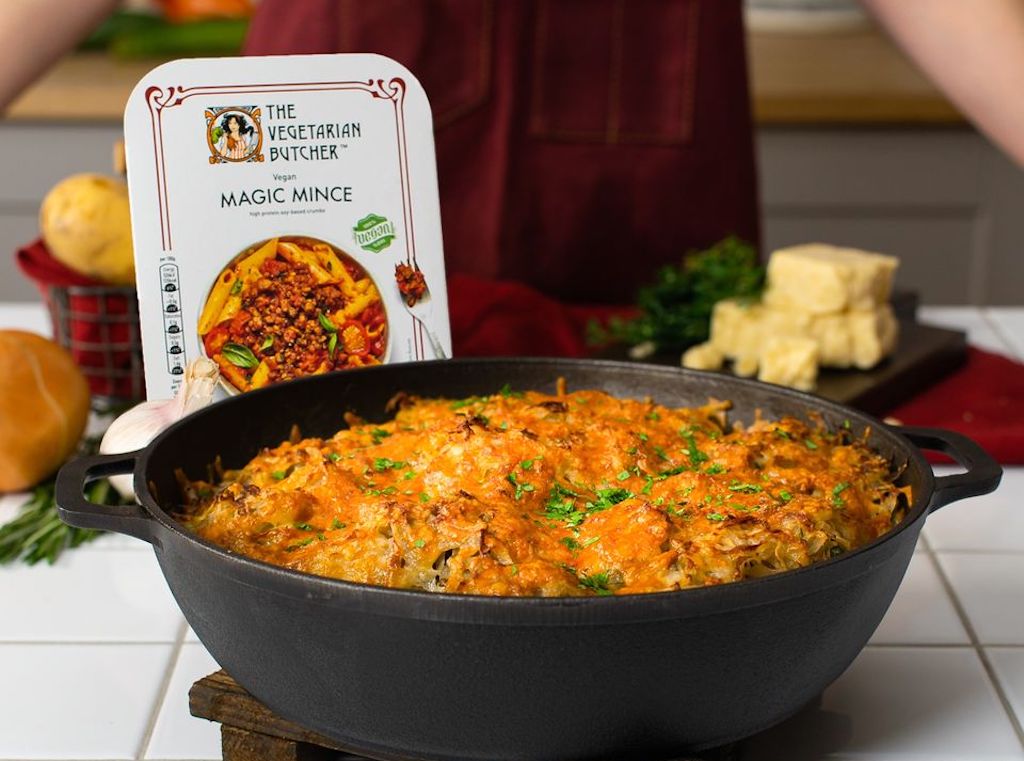
It’s not up to us to decide for people what they want to eat, but it is up to us to make healthier and plant-based options accessible to all. These are bold, stretching targets which demonstrate our commitment to being a force for good.
Hanneke Faber, President of Foods & Refreshment, Unilever
It will continue to work towards its existing pledges to achieve a deforestation-free supply chain by 2023, invest more than US$1 billion in a new Climate & Nature fund, reach a 100% recyclable, reusable or compostable packaging within the next five years and eliminate all fossil fuels in its cleaning products by 2030.
Commenting on Unilever’s bold targets, Liz Goodwin, senior fellow and director of food waste at the World Resources Institute (WRI) said: “We need as many companies as possible to step up and prioritise the issue of food loss and waste and take action to reduce it…Given the size and reach of Unilever, their commitment to halve food loss and waste across their global operations will undoubtedly lead others to take action as well.”
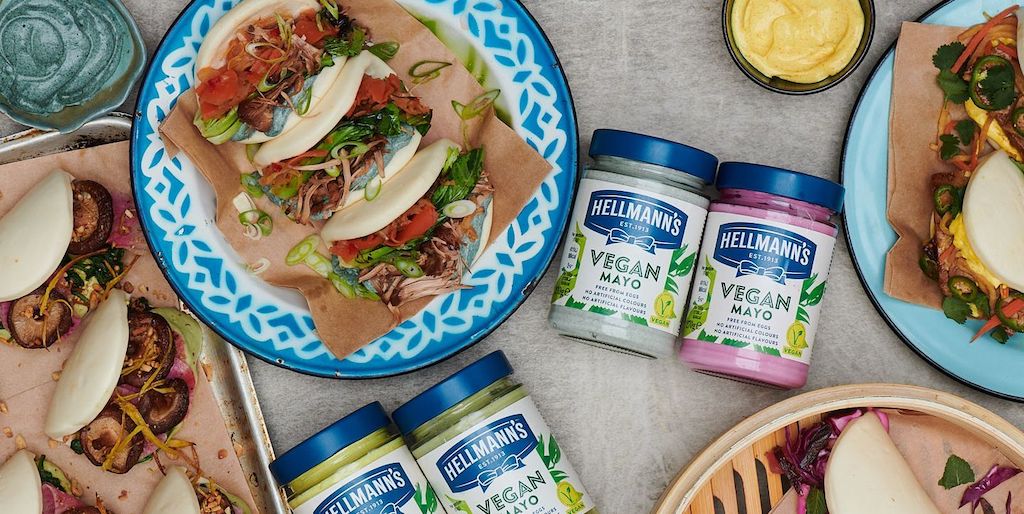
We need as many companies as possible to step up and prioritise the issue of food loss and waste and take action to reduce it
Liz Goodwin, Senior Fellow & Director of Food Waste, WRI
The new annual sales target comes after Tesco set a five-year commitment to increase sales of plant-based meat alternatives by 300% last month. The British retail giant says it plans to introduce more plant-based products across 20 different categories in all its stores and reduce prices to ensure that affordability is not a barrier to plant-based sales.
Earlier this year, a report by collaborative investor network FAIRR found that nearly half of the world’s biggest food retailers are now all setting up dedicated teams to develop and sell plant-based products in response to mainstream demand. According to the analysis, Tesco and Unilever topped the ranking for its commitment to shift its portfolio towards plant-based foods.
Lead image courtesy of Hellmann’s / Unilever.

